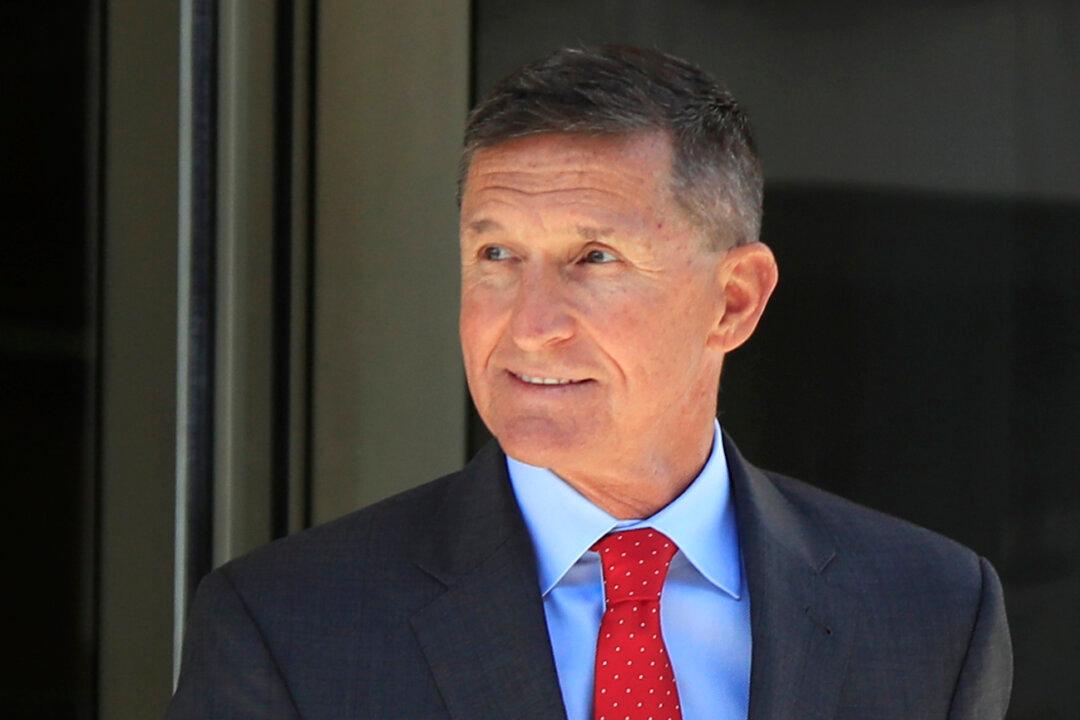Acting Director of National Intelligence Richard Grenell has sent a copy of the declassified list of Obama administration officials who requested the “unmasking” of Lt. Gen. Michael Flynn to Congress.
“I declassified the enclosed document, which I am providing to you for your situational awareness,” Grenell wrote in his note to Sens. Chuck Grassley (R-Iowa) and Ron Johnson (R-Wis.).




